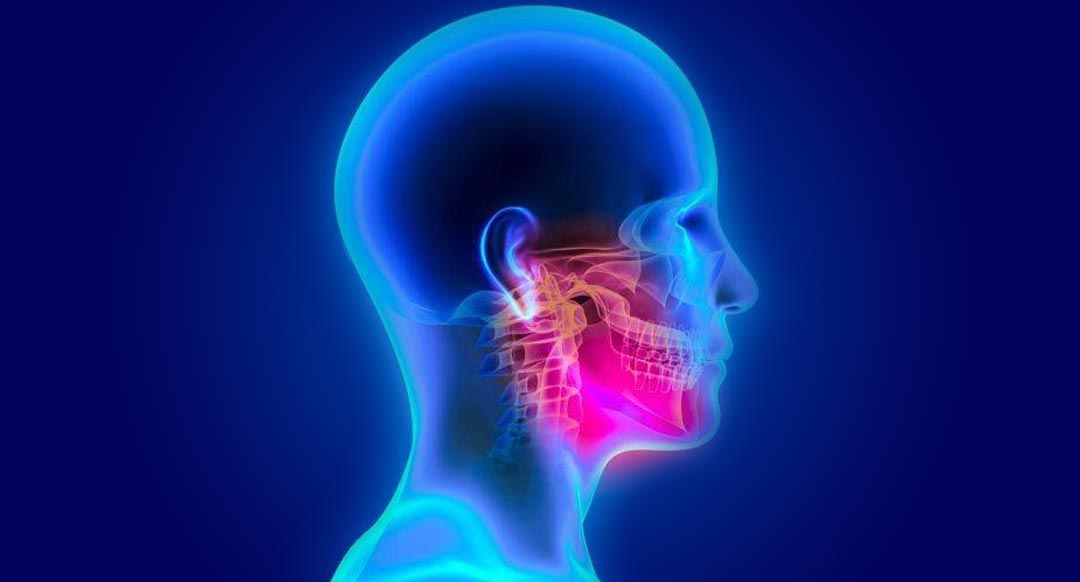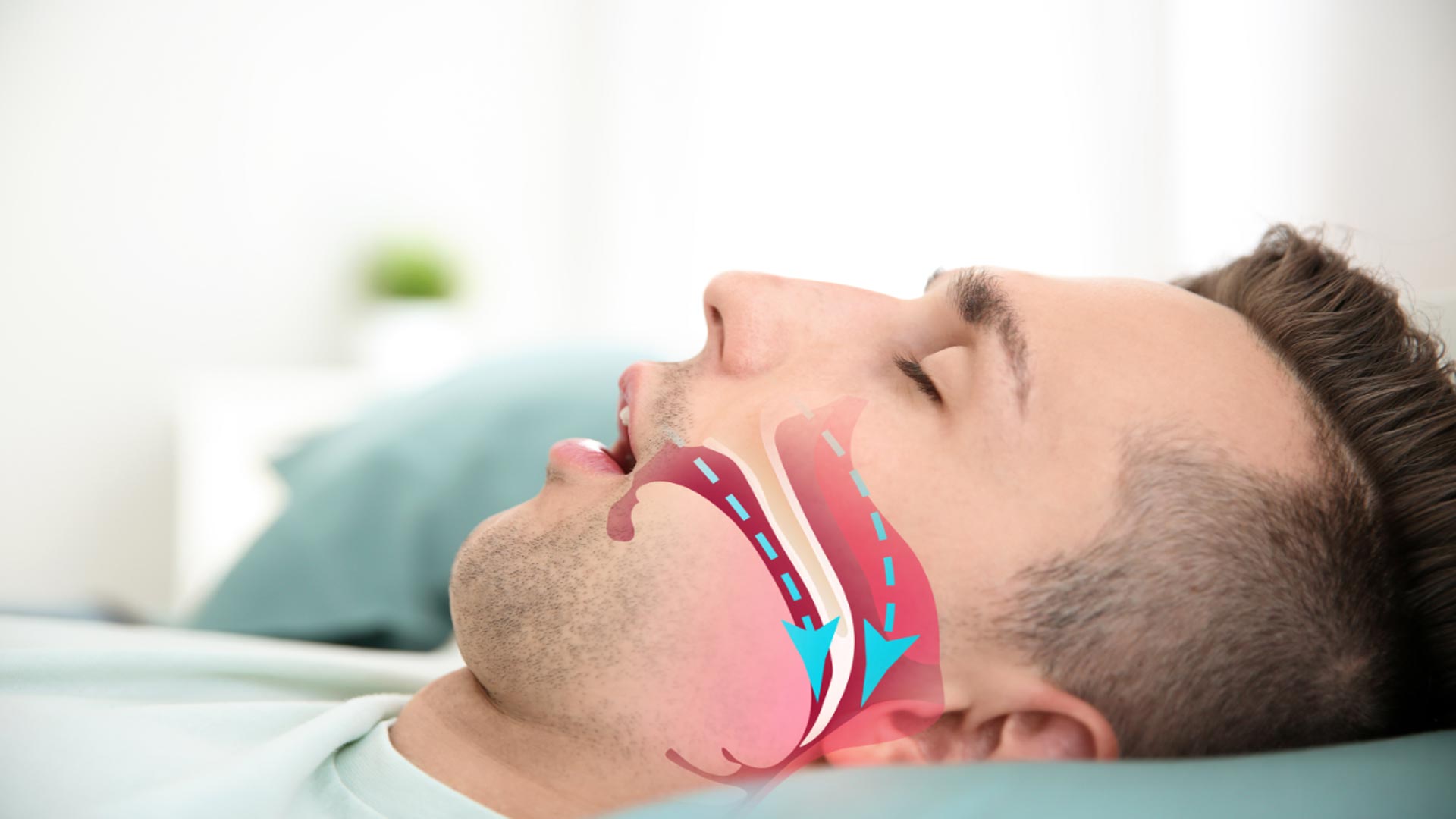OFP & TMD
Orofacial Pain (OFP) & Temporomandibular Disorders (TMD)
Orofacial pain (OFP) and temporomandibular disorders (TMD) can be debilitating and interfere significantly with daily life.
What is TMD?
TMD, or Temporomandibular Disorder, is a condition that affects the temporomandibular joint and its adjoining muscles. The jaw or temporomandibular joints (TMJ) are located directly in front of your ears (you can feel them moving when you open and close your mouth) and they allow us to move our jaws forwards and sideways.
TMD is complex and can affect anyone at any time, but it is most commonly associated with changes in a person's emotional state including stress and anxiety, or a history of trauma to the face. TMD usually involves pain or tenderness in the muscles and/or joint that control jaw movement, with the pain sometimes referring beyond these areas. This pain includes jaw pain, jaw clicking, or pain in the face, head or neck.
How do I know if I have TMD? What are the symptoms?
You might also have TMD if you have any of these symptoms:
- Jaw pain
- Popping, grating or clicking of the jaw
- Stiffness in the jaw muscle
- Unable to open your jaw all the way, or your jaw getting "locked" open or closed
- Dislocated jaw
- Headaches or earaches
- Pain in the face, jaw, or neck
How is TMD managed?
The best way to manage TMD is to use conservative methods that reduce pain and discomfort. These may include heat application, pain relief ointments or medications, muscle relaxants, soft diet, or physical therapy.
Sometimes, an occlusal splint is required. This allows your muscles and joints to relax while protecting your teeth – and it can be a much-needed relief for patients struggling with TMD. Occlusal splints are usually worn during sleep but can be worn while awake if clenching or grinding becomes severe.
If symptoms do not improve, further re-evaluation will be necessary. Although rare, severe cases of TMD may need to be managed with bite adjustments or surgical procedures. These are usually the last resort since the results are permanent.
If you suspect that you have OFP/TMD or have more questions, seek professional help from Dr. Sonal Yerpude.
Sleep Apnea
Struggling with snoring and sleeplessness? Snoring and sleep disturbances are often signs of obstructive sleep apnea, and your oral health could be to blame.
“A dentist is often the earliest diagnostician of sleep disorders.”
The National Sleep Foundation estimates that millions of Indians have sleep apnea. The condition causes repeated breathing interruptions throughout the night; the pauses can last from a few seconds to minutes and may occur 30 or more times per hour. These pauses happen because the muscles in the back of the throat are flaccid, the tongue is too large, or the jaw is too small, causing airway obstructions.
The first sign of sleep apnea is often tooth grinding (also called bruxism). Dentists look for worn tooth surfaces, a sign that a patient grinds their teeth. Grinding can cause tooth wear and breakage as well as inflamed and receding gums. A spike in cavities can also be a sign of grinding because the force damages teeth, making them susceptible to cavity-causing bacteria.
At night while sleeping, “When you tense your jaw and grind your teeth, it sends a message to your brain to wake up so you can take a breath,”.
Grinding is just one oral health sign of sleep apnea. A small jaw, tongue with scalloped edges, or redness in the throat (caused by snoring a lot, which is another symptom of sleep apnea) are also signed.
Gasping for breath causes people to wake up repeatedly, which diminishes sleep quality and causes fatigue. Sleep apnea is linked to a higher risk of high blood pressure, heart disease, diabetes, and obesity.
When a dentist thinks someone has sleep apnea, they will often recommend a sleep study. Under the guidance of a physician
Mandibular Advancement Device is often the treatment solution easily provided by Dr. Sonal.
If you have additional questions about OFP, TMD, or Sleep Apnea, talk to us.



